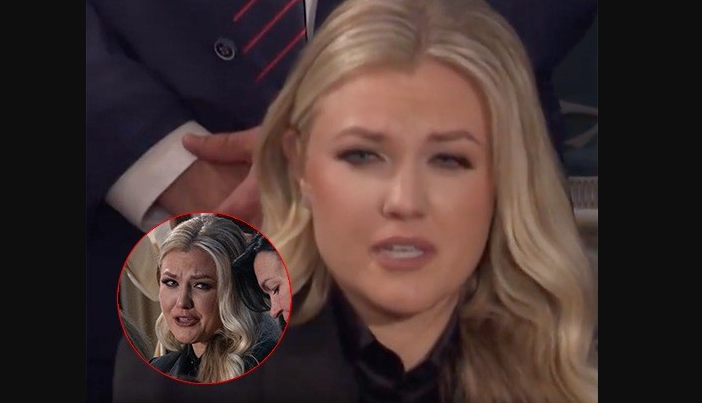When my grandfather passed away, he bequeathed me a meaningful inheritance. The sum wasn’t vast, but it was sufficient to clear my student loans and perhaps purchase a modest home. I was astonished, unaware that I was even included in his will.
My parents, however, reacted with anger. They insisted the money should contribute to a ‘family fund’ to address ‘collective needs’—such as my younger brother’s education, their home loan payments, and even ‘urgent getaways’ to alleviate their stress.
When I expressed my intention to allocate the funds thoughtfully for my own future, they labeled me ‘self-centered’ and ‘unappreciative.’ My mother went so far as to say, ‘If Grandpa meant for only you to benefit, he wouldn’t have shared his plans with us.’
The situation escalated quickly. They organized family gatherings aimed at persuading me to relinquish the funds. My father presented documents for me to sign, transferring a portion of the inheritance to their account. I stood firm and declined.
Then my mother delivered words that shattered me: ‘If you choose not to share, don’t expect to remain part of this family.’
So I made the difficult choice to step away. I severed contact, blocked their numbers, and moved forward, using the inheritance to build a foundation for my independence.
Months later, a letter arrived from my aunt, revealing that my grandfather had foreseen this very conflict. In his will, he had written: ‘This gift is for [my name] alone. No one else has any right to it. Should anyone attempt to pressure them, they relinquish any claim to my estate.’
Tears welled up as I read his words. Grandpa had anticipated their actions and safeguarded me, even from beyond.
Now my parents claim I’ve turned my back on them. But in my heart, I believe their betrayal came first.






